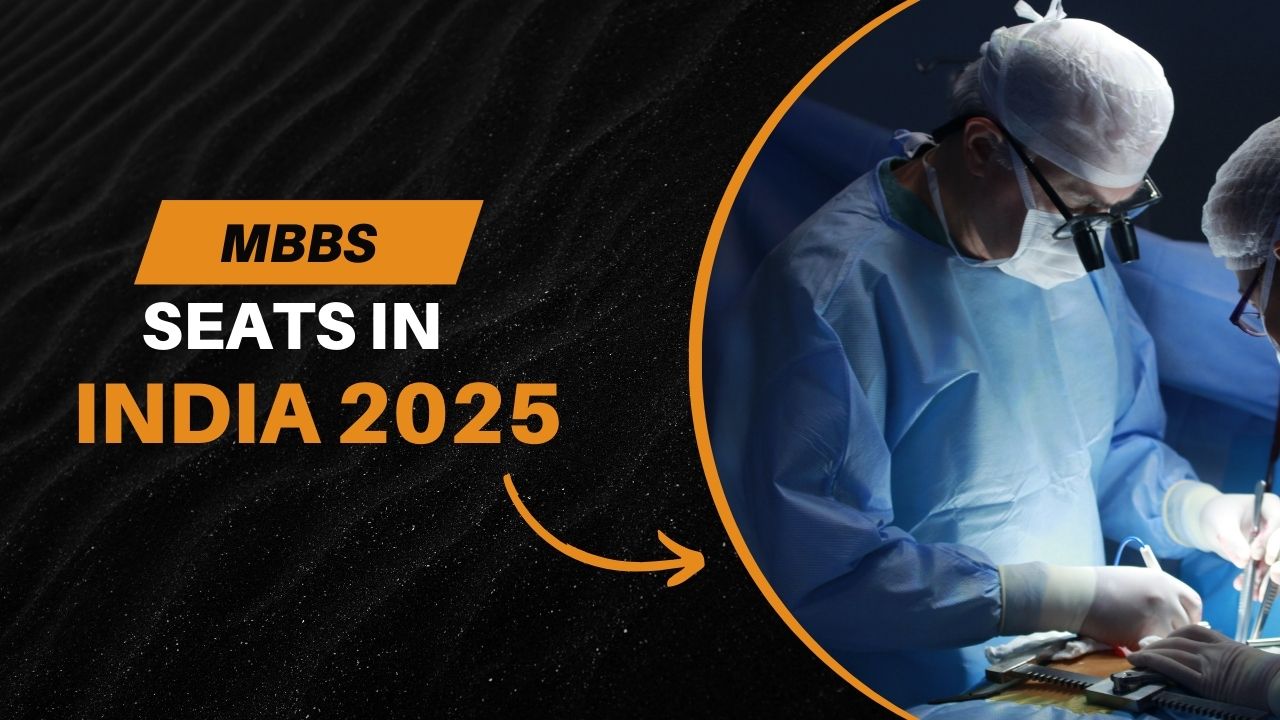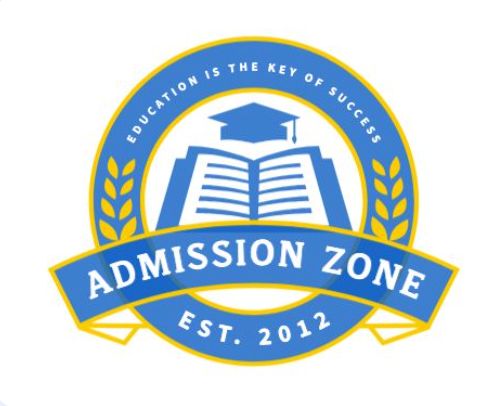
Looking for MBBS seats in India? Get comprehensive insights on available seats, admission guidelines, and essential tips.
India’s healthcare system has been growing in recent years and also continuously increasing, driven by the increasing demand for qualified medical professionals. As the population increases and the demand for healthcare services rises, the need for more doctors becomes very important. The Indian government is focused on increasing the number of MBBS seats across the country. By 2030, India is set to see a significant rise in the number of MBBS seats available for aspiring medical students. This article will discuss the projected number of MBBS seats in India for 2025, the reasons for the increase, the impact on medical education with other important details.
Government’s Vision for Medical Education in India
The Indian government has taken significant steps to address the shortage of medical professionals in the country. With the population and the increasing need for healthcare services, the government recognizes the need to train a larger number of doctors. By 2030, a substantial number of new MBBS seats are expected to be added to both government and private medical colleges in India.
The Role of NEET in MBBS Admissions
The National Eligibility cum Entrance Test (NEET) is for admission to medical colleges in India. It is a test used for admission to undergraduate medical courses such as MBBS, BDS, and AYUSH. All candidates aspiring to pursue MBBS in India must clear NEET exam. The increase in the number of MBBS seats will result in a greater number of applicants, which increases competition between candidates.
Projected Number of MBBS Seats in India
India is expected to increase its MBBS seats by a significant number. According to the National Medical Commission (NMC), the government has already been working on expanding the number of medical seats in various states across India. As of 2030, it is projected that there will be a considerable rise in the total number of seats available.
Distribution of MBBS Seats in India by State
The distribution of MBBS seats is not the same across all states of India. States like Maharashtra, Tamil Nadu, Karnataka, Andhra Pradesh, and Uttar Pradesh have some of the highest numbers of MBBS seats in the country. These states have medical colleges, and with the addition of new seats, they are expected to contribute significantly to the overall increase in medical education. However, other states that previously had limited medical infrastructure are also set to see an increase in medical colleges and the number of MBBS seats.
Factors Affect the Increase in MBBS Seats
Several factors demand the growing number of MBBS seats in India. Firstly, the rising demand for healthcare professionals due to the country’s large population, has made it necessary to increase medical seats in India. Secondly, the government’s focus more for better healthcare infrastructure and services has led to the establishment of new medical colleges and the expansion of seats in existing ones. Additionally, there is an ongoing effort to train healthcare professionals who can serve in rural and remote areas, where doctors are in particularly short supply. Lastly, technological advancements and innovations in medical education have also made it easier to expand the capacity of medical colleges without compromising the quality of education.
Challenges in Expanding MBBS Seats
Despite the positive steps being taken to increase the number of MBBS seats in India, several challenges remain the same . One of the primary challenges is the need to improve medical infrastructure, such as hospitals and training facilities, to support the growing number of students. Without the necessary infrastructure, simply increasing the number of seats may not lead to an improvement in the quality of medical education. Moreover, there is a shortage of qualified medical faculty, which can affect the quality of education provided. Ensuring that the new seats are backed by sufficient resources, both in terms of infrastructure and faculty, will be important to the success of this expansion.
Impact on Medical Education Quality
The increase in the number of MBBS seats in India should ideally lead to an increase in the number of doctors available to serve the population. However, it is equally important to ensure that the quality of education does not affect. With the increase in the number of medical students, maintaining the standard of education will be a challenge. Medical colleges must focus on providing high-quality training, modern teaching methods, and access to updated medical knowledge and technology.
Role of Private Medical Colleges in MBBS Seat Expansion
In addition to government medical colleges, private medical colleges also play an important role in the expansion of MBBS seats in India. Private institutions have been increasing their number of seats in recent years to meet the growing demand for medical education. However, the cost of education in private medical colleges can be a barrier for many students. The government has recognized this issue and has taken steps to regulate fees in private institutions. By 2030, it is expected that the government will continue to regulate the expansion of private medical colleges to ensure that the increase in seats benefits all aspiring medical students, regardless of their financial background.
Importance of Infrastructure and Faculty Development
Medical colleges will need to invest in hospital facilities, research centers, and classrooms to accommodate the growing number of students. Additionally, there is a need for more trained faculty members to teach and mentor the students. As the number of MBBS seats increases, the government and educational institutions must ensure that faculty recruitment and infrastructure development are prioritized to maintain the quality of medical education.
Improvement in Rural Healthcare through Increased MBBS Seats
One of the key goals behind increasing MBBS seats is to address the disparity in healthcare services, particularly in rural and underserved areas. By providing training to more doctors in these regions, the government aims to improve healthcare access and quality for rural populations.

FAQs
The number of MBBS seats in India by 2030 is expected to rise significantly, with estimates suggesting an increase of 20,000+ additional seats.
NEET is the primary entrance exam for MBBS admission in India. It serves as a common entrance test to assess the eligibility of candidates for admission to MBBS programs in medical colleges across the country.
The main challenges include inadequate medical infrastructure, the shortage of qualified faculty, and the need for better resources to support the growing number of medical students.
States like Maharashtra, Tamil Nadu, Karnataka, and Uttar Pradesh are expected to have some of the highest numbers of MBBS seats.
While increasing the number of MBBS seats is necessary, ensuring that infrastructure, faculty, and resources are enhanced simultaneously is important to maintaining the quality of education and training.
Connect with Us
Start your medical educational journey with the Admission Zone! Contact us today on 9205488482/ 7599994403 or WhatsApp us to explore a world of educational possibilities in the state and secure your admission to a brighter future.
Conclusion:
The MBBS seats in India is an important step towards addressing the country’s healthcare challenges. As the population increases. The government’s initiatives to increase the number of MBBS seats are commendable, but it is essential that this increasing number of seats is accompanied by improvements in infrastructure, faculty development, and practical training. This balanced approach will ensure that the increase in MBBS seats results in not only more doctors but also better healthcare outcomes for the country. By addressing the challenges associated with the expansion, India can build a stronger, more capable healthcare system for the future.







